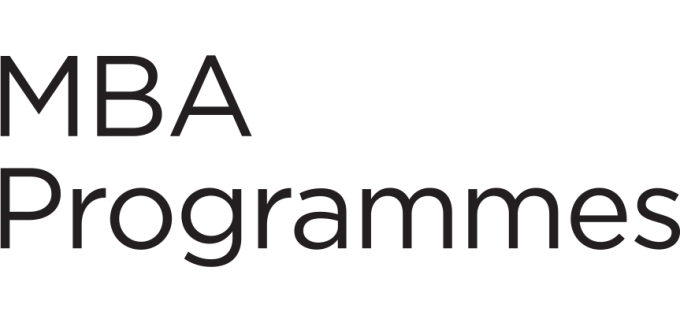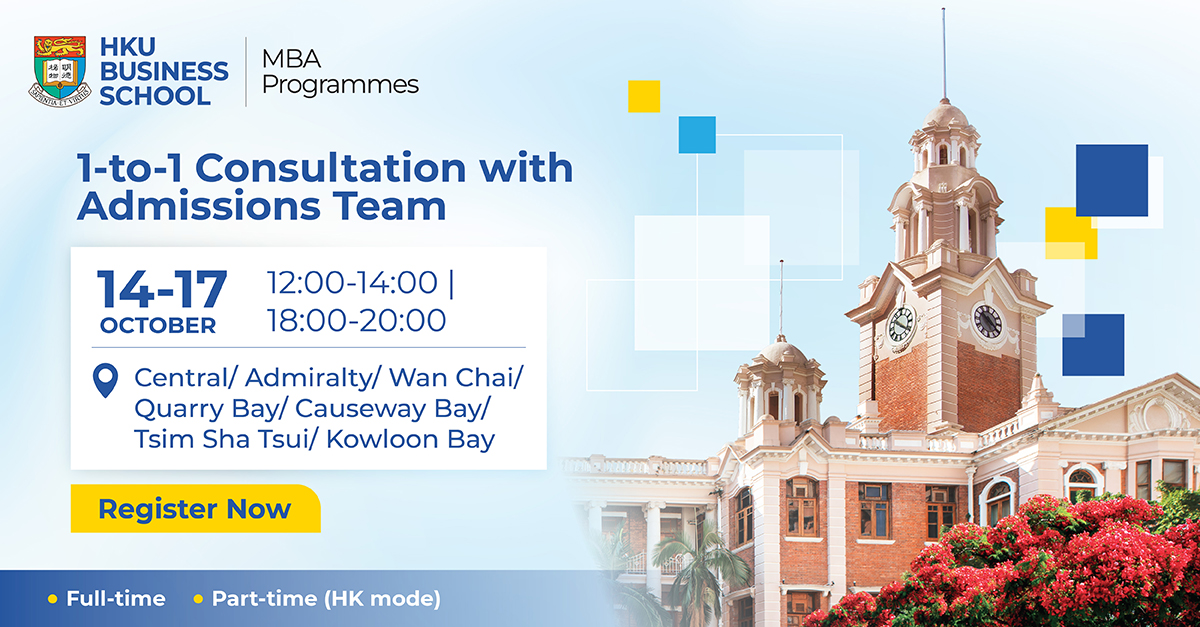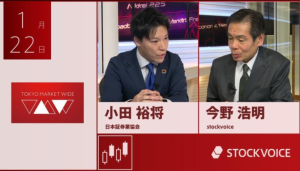Media Interview
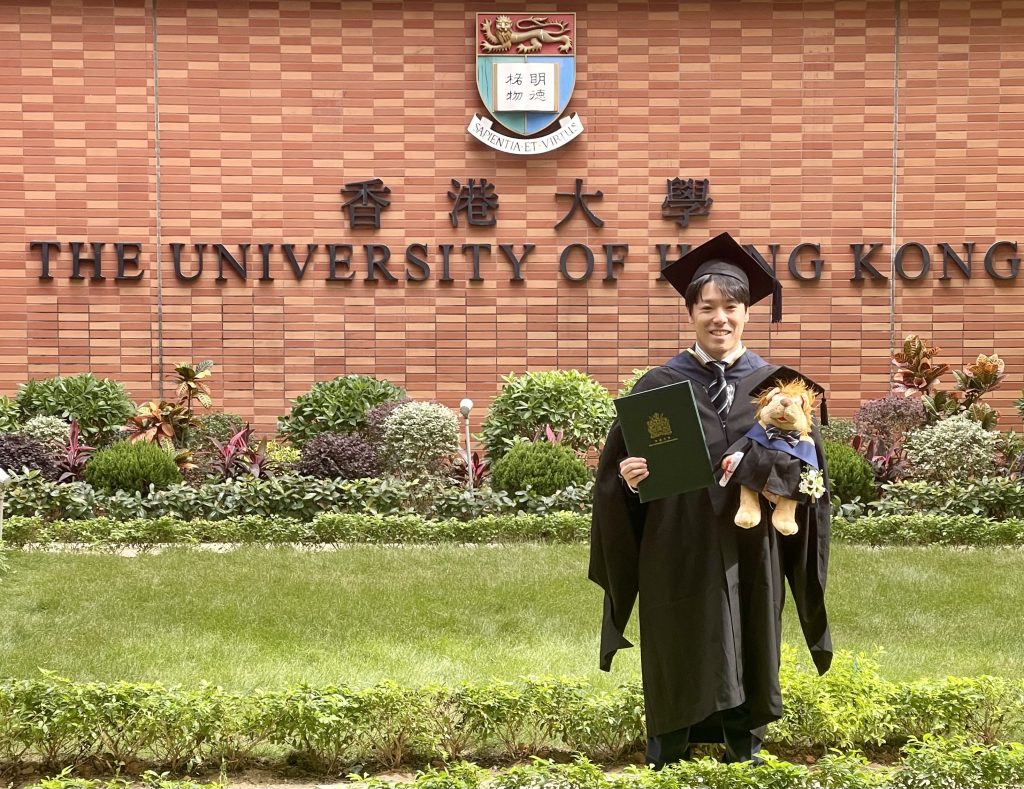
An MBA at a top business school in Asia is helping this grad take the next steps in his career in sustainability
Growing up as an Edokko (native Tokyoite) of several generations, Hiromasa Oda (小田 裕将) was born and raised in Tokyo, Japan. During his university years, Hiro took a year off to undertake internships in Shanghai and New York. However, it was in Japan where he spent most of his formative years, deeply rooted in his native culture.
After studying Econometrics at Keio University under professor Heizo Takenaka, the former minister for economic and fiscal policy, Hiro began his career working in Tokyo’s financial sector in 2015.
He took on a role with the Japanese Securities Dealers Association (JSDA), a securities industry organization with self-regulatory and industry association functions. Hiro worked across four different departments before progressing to take on the role of assistant manager with the SDGs (Sustainable Development Goals) Promotion Office, responsible for the promotion of SDGs throughout the market.
However, after seven years Hiro began feeling a “healthy sense of crisis” and an overwhelming desire to change.
“I was trapped in this status quo bias because my life had remained static for too long,” he explains. “I sought to challenge myself and test my value and competence in a different environment.”
The JSDA periodically offered to sponsor a qualified employee to undertake a graduate degree. Seeing an opportunity to branch out into a new environment, Hiro applied successfully and gained the chance to undertake an MBA and embark on a new path.
Enrolling in a top MBA program in the heart of Asia
While keen to broaden his horizons, Hiro felt remaining in Asia for his studies, rather than venturing further afield, would provide a more valuable framework as he moved forward in his career.
“I aspired to be a global leader with a strong Asian orientation, aiming to make an international impact while staying connected to my cultural roots,” he says.
Hong Kong—one of the world’s major financial hubs and an international city in Asia—seemed to offer him a wealth of opportunities related to the sector. Hong Kong’s favorable work permit schemes for non-local graduates also make it an attractive hub concentrating talented individuals seeking careers in its vibrant international environment.
With a strong reputation as one of Asia’s best business schools, the MBA at Hong Kong University (HKU) Business School stood out to Hiro. He successfully applied and joined the cohort in August 2022.
The value of the MBA classroom
The HKU MBA is a one-year program, with a curriculum that sees students spend the first nine months in Hong Kong and the remaining three to four months undertaking global study tracks in New York (Columbia Business School), London (London Business School), or Mainland China (Fudan University MBA).
Hiro was attracted to the program as it would allow him to experience both Asia and the US within a regular one-year MBA program, without requiring him to undertake an exchange.
“Paradoxically, I recognized that to become an Asian-oriented leader, experience solely in Asia would be insufficient; exposure to global cities around the world, particularly in the US and Europe, was essential. In that regard, I felt that the experience at Columbia would further enrich my capacity and broaden my horizons,” He explains.
The curriculum covers a broad range of topics including accounting, analytics, economics, business ethics, consulting, VC & PE, negotiation, and many more. Hiro enjoyed this variety; he threw himself into the rigorous curriculum, vowing to contribute to discussions in every class.
Reflecting on his MBA experience, in addition to the variety of skills and knowledge he gained, Hiro highlights the value that interactions with his fellow classmates added to his experience.
Team-based projects and group work were often interwoven throughout courses. Students were also encouraged to contribute with reflections from their own experiences when having in-class discussions and working on cases.
“With my financial background, I was eager to assist classmates by sharing my expertise whenever possible. Collaborating with diverse classmates both in class and outside of classrooms through different activities lies at the heart of developing leadership—the true essence of the MBA experience,” he explains.
Within this collaborative learning environment, Hiro found he could add to his rapidly developing business acumen with leadership, management, and teamwork skills.
To build on this, he applied to become a class representative and was successfully elected. The role involved organizing events and networking sessions, as well as dealing directly with professors. He felt taking on this role within a high-flying and competitive class of MBA students from around the globe would enhance his leadership development.
“Being a class representative in such a diverse and accomplished group was challenging, but it presented an opportunity to lead among leaders,” he says. “I faced numerous tough situations, however, when we were able to collaborate and overcome these challenges together, this leadership experience truly helped me enhance my leadership skills, and I’m really glad I took on the role.”

(HKU’s victory at the first-ever HKMBAT sports event, uniting MBA students from other HK universities. Hiro, as HKU’s Class Representative, was part of the organizing committee for this initiative)
Building a sustainability career
With a blend of fundamental knowledge and newfound skills at his disposal, Hiro relished the opportunity to apply his learnings in a practical setting.
HKU MBA students have the chance to undertake internships with various partner companies. Hiro successfully applied to intern with Crédit Agricole CIB. There, he got the chance to work on sustainable finance-led research for the Japanese and wider Asian markets.
“As I had not previously had the opportunity to work at other companies, I strongly desired to demonstrate my abilities and strengths in a new environment, just as in my MBA program,” he explains.
“I could not have wished for a better chance than working in sustainable finance at an international investment bank. On my last day, my boss thanked me for my hard work, suggesting I was able to leverage my expertise in Japanese sustainable finance to contribute value to my team.”
These experiences prepared Hiro for life after graduating from the HKU MBA. Returning to Tokyo to work with the JSDA with expanded responsibilities, he was immediately able to implement his new knowledge and experience, increasing his ability to make an impact at work.
Today, Hiro plays a leading role in discussions with international securities organizations, particularly when presenting Japan’s sustainability initiatives in areas including sustainable finance, ESG, and transition finance. In January 2024, he represented the JSDA in a television appearance on Tokyo MX TV’s ‘Tokyo Market Wide‘ to discuss the JSDA’s efforts in promoting transition finance and support for the Japan Climate Transition Bonds initiative.
Hiro represented the JSDA in a television appearance on Tokyo MX TV’s ‘Tokyo Market Wide’ to discuss the JSDA’s efforts in promoting transition finance and support for the Japan Climate Transition Bonds initiative
“My experience in the MBA program significantly enhanced my capabilities, enabling me to tackle more complex tasks and solve more challenging issues than ever before,” Hiro explains.
“With the skills and knowledge gained from my MBA, I feel well-equipped to further advance my career and make a meaningful impact in the field of sustainability,” he adds.
For Hiro, the year-long HKU MBA experience has expanded his perspective and ignited a passion for continuous learning and a desire to make a meaningful impact in his career.
“Although the healthy sense of crisis hasn’t entirely faded, I now approach my work with a positive mindset, knowing that I can contribute to a more sustainable society and future, driving change through my efforts.
“The sense of accomplishment that comes with it—that’s the key to the MBA.”
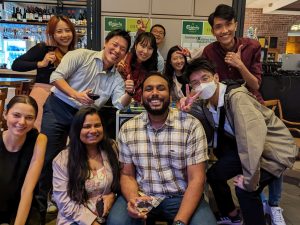
Hiro with Classmates
This article originally appeared in BusinessBecause.


